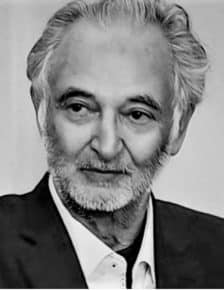Reconciling politicians and economists
Overview
The 20th century is littered with famous examples of economists who exerted considerable political influence: Keynes and his role as architect of the Bretton Woods agreements, or Friedman, the theoretician who designed the monetary policies of the 1980s. Today, however, this link seems broken. There are several reasons for this: firstly, political platforms are increasingly tending towards populism. Even within democracies, political platforms too often try to say what citizens want to hear, favouring a short-term logic, whereas the economist’s temporality is that of the long term. The split is all the more pronounced as politicians face increasingly overwhelming structural challenges, and the measures advocated by economists can be perceived as unpopular. The recent counter-example of the Pisani-Ferry report on the environment shows, however, that the alliance still works. Is the expertise of economists sufficiently taken into account in public policymaking?
Speakers


Moderator

Photo gallery















